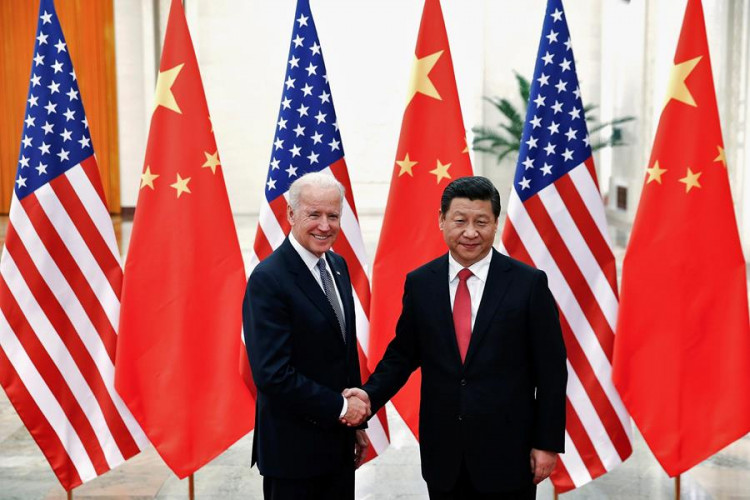During a phone call on Thursday (July 28), President Joe Biden and his Chinese counterpart Xi Jinping decided to set the date for their first in-person summit. Xi cautioned the United States not to "play with fire" in Taiwan.
The meeting would be their first in-person encounter as leaders, despite the fact that this was their fifth phone or video chat since Biden entered office a year and a half ago. The time and place have not been specified. An unnamed U.S. source claimed that Biden and Xi "discussed the value of meeting face-to-face and agreed to have their teams follow up to find a mutually agreeable time to do so."
The call, which lasted two hours and seventeen minutes, was characterized by both parties as a lively discussion of the numerous disagreements between the two largest economies in the world.
According to China's state-run Xinhua news agency, Xi spoke out strongly against U.S. policy toward Taiwan, a democratic island with strong connections to the U.S. that China nevertheless views as a part of its territory.
Repeating terminology he used when speaking with Biden in November, Xi was described as telling the president that "those who play with fire will eventually get burned. I sincerely hope that the U.S. side is aware of that."
Fears that Xi would eventually command an invasion to enforce Beijing's sovereignty have led to a steady rise in tensions in the area surrounding Taiwan. In the most recent crisis, Nancy Pelosi, the speaker of the House of Representatives and a close supporter of President Joe Biden, is planning a trip to the island, which has alarmed Chinese authorities.
Beijing views Pelosi's travel as a significant provocation despite the fact that US leaders often visit Taiwan, which is only connected to the Chinese mainland by a small stretch of water. She is the second in line for the US presidency and is so eligible to use military transportation.
China warned Wednesday that if the trip proceeds, Washington will "bear the consequences."
In response, Biden reassured Xi that US policy, dubbed "strategic ambiguity," remained constant and essentially supported the status quo in Taiwan, with Washington acknowledging Chinese sovereignty but opposing any enforcement, allowing the Taiwanese to maintain their unique rule.
"On Taiwan, President Biden underscored that the United States policy has not changed and that the United States strongly opposes unilateral efforts to change the status quo or undermine peace and stability across the Taiwan Strait," the White House said in a statement.






